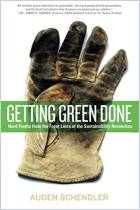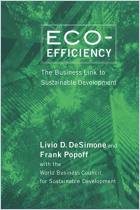
Transient Caretakers
Making Life on Earth Sustainable
Recommendation
You don’t have to be a scientist to see the evidence of manmade climate change. The weather is getting warmer and will heat up more as the atmosphere traps greenhouse gases emitted by combustion of petroleum, coal or gas. The number of major hurricanes has nearly doubled in the past 30 years. Hundreds of plants and animal species are moving toward the poles to escape the heat. Northern landscapes are changing dramatically as permafrost and tundra dwindle. Glaciers and icecaps are melting. As informed readers know, if global warming continues at its present rate, the effects will be calamitous. Oceans will rise, submerging island nations and coastal cities. Food and fresh water will diminish. Extreme weather will be more common. Earth will become hostile to its inhabitants. What can be done? More than you might think. Mervyn King and Teodorina Lessidrenska offer a hopeful prescription for sustainability and change, plus an important, sobering report on the challenge of global warming and its impact. getAbstract praises their analysis and their practical advice on how people can work together to make a difference.
Summary
About the Authors
Mervyn King, a former judge in South Africa and an expert on corporate governance, chairs the Global Reporting Initiative. Teodorina Lessidrenska, Ph.D. is a sustainability consultant.



















Comment on this summary or Diskussion beginnen